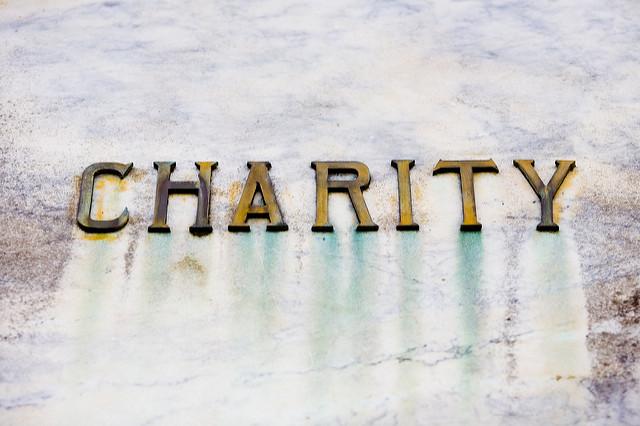
Corporations’ efforts to communicate their “good deeds” to the public aren’t always well received. How should businesses respond when they are attacked? Dr. Hyejoon Rim’s recent study of a Coca-Cola campaign published in the Journal of Communication in 2016 finds that companies’ responses to negative feedback play a crucial role in how people view their charitable work.
Dr. Rim wanted to examine companies who support human rights issues as a form of “corporate social responsibility” (CSR), and looked closely at The Coca-Cola Company’s “Hello Happiness” campaign. The goal of this campaign was to help migrant workers connect with their family members in their home countries. Using bottle caps from Coca-Cola products, the workers could make free, three-minute international calls at phone booths, and the company promoted this campaign on YouTube. Although some praised the campaign as charitable and innovative, many criticized the campaign as a simple marketing gimmick.
Rim wondered how companies dealt with those critical comments. She tested whether a company’s use of one-sided messages with only public-serving motivation, or two-sided messages addressing both public-serving and company-serving motivations, would be a more effective way to increase positive reception for charitable work. She found that two-sided messages were more effective in communicating the company’s altruistic motivation.
If the public’s view toward the company or a campaign is positive, the “sidedness” of the company’s comments doesn’t really matter. But if criticism happens, transparency is better. Rim also suggests that longer-term CSR commitments are better than short-lived ones, which was confirmed in a follow-up study.
Publics today want a company to address their stance on social political issues rather than stay quiet. However, companies that take sides on controversial issues inherently create polarized publics - boycotters and advocates - who not only express their opinions but take part in collective actions and social movements on social media. To analyze the future of politics and profits, Rim next plans to study how Starbucks and Budweiser responded to President Trump’s travel ban in 2017.
Photo Credit: Thomas Hawk, Flickr CC

